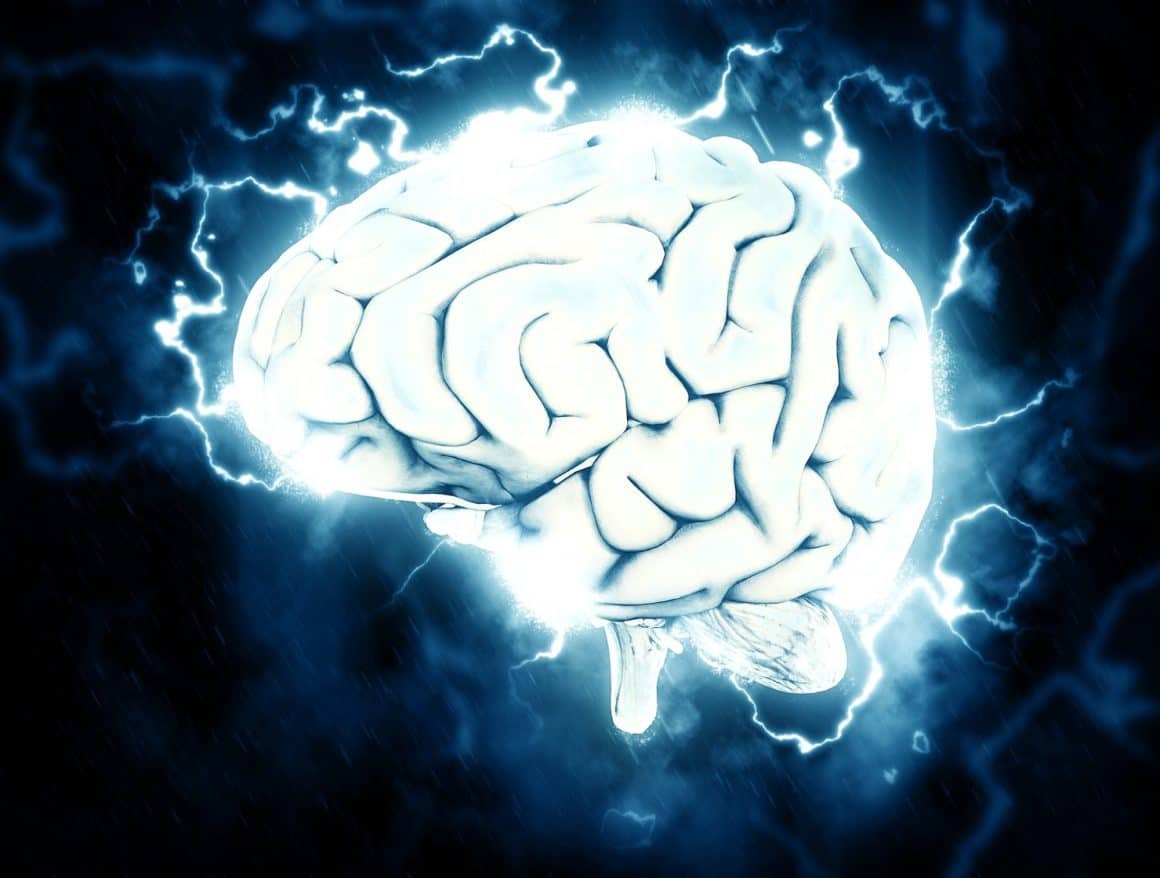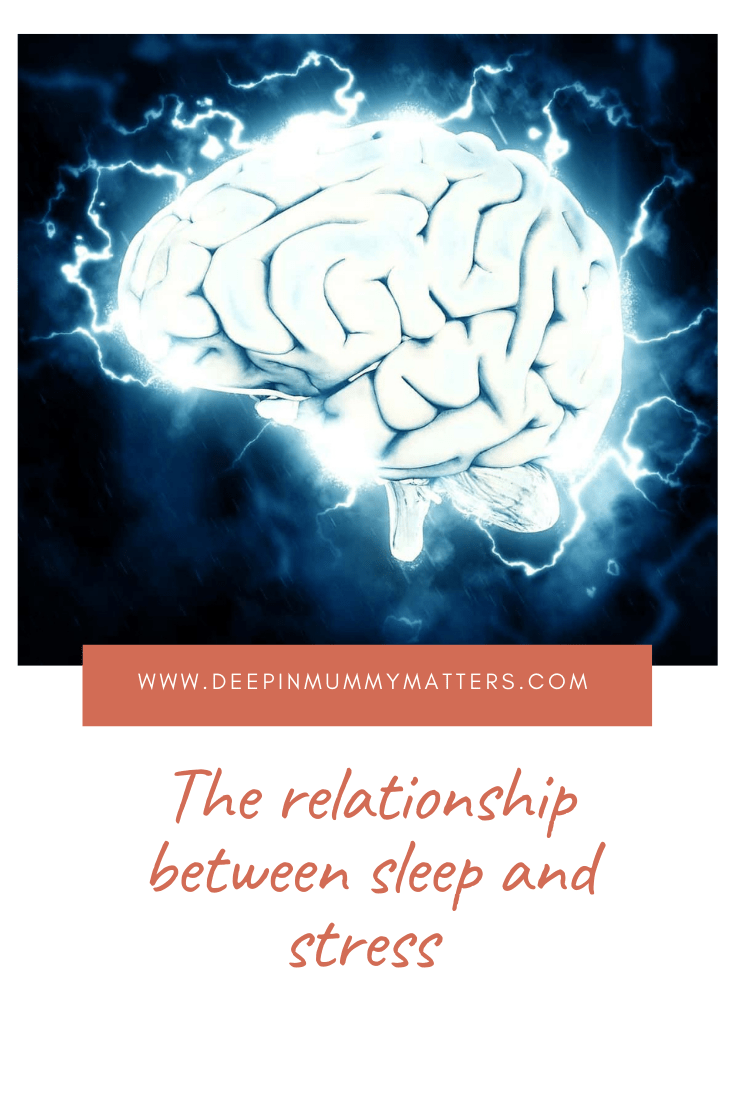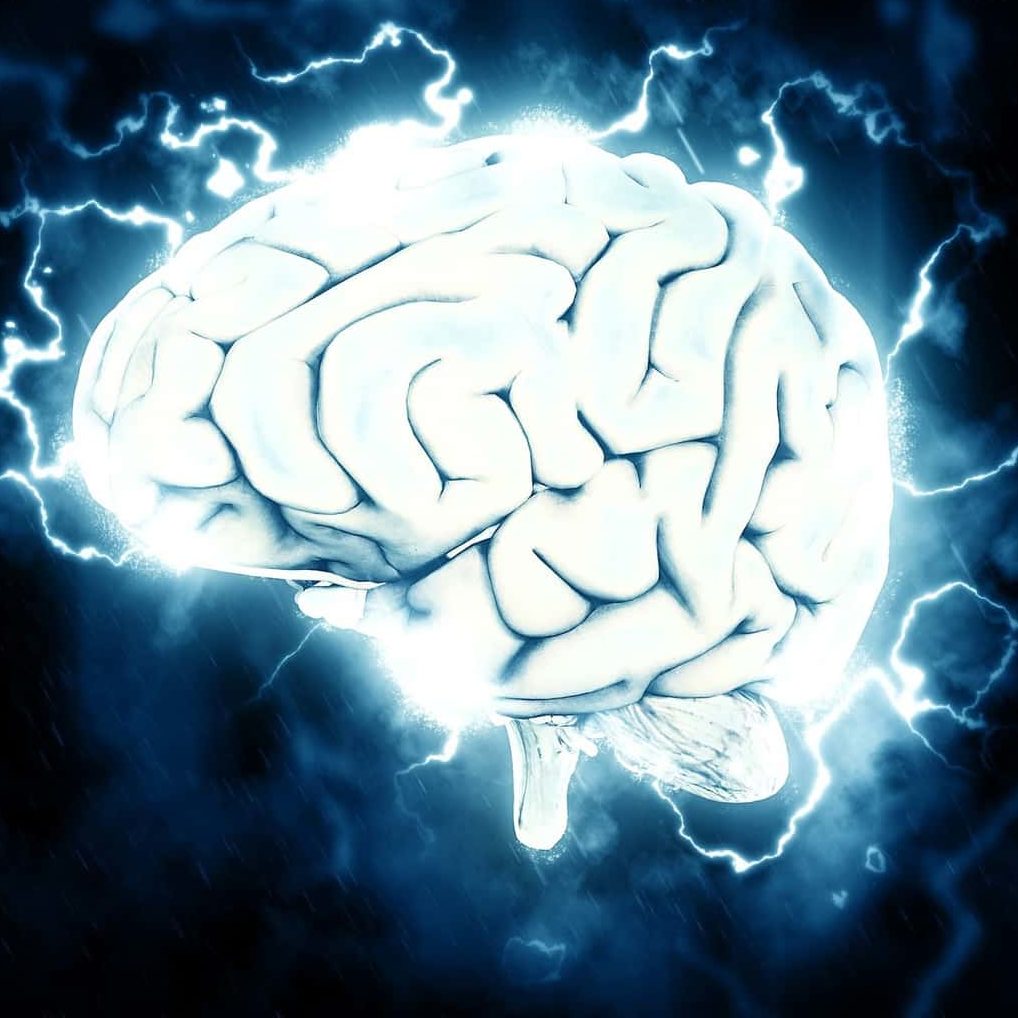It’s been a stressful day, and you want to get to bed and forget about it. But, the scenes from the day and the reminders of what you have to do tomorrow keep playing in your head and stop you from falling asleep. By the time you wake up the next morning after a fitful night, you can still feel that same stress weighing on you.
This can make you feel more tired than you did before you went to bed. Sleep and stress are linked in many ways, and not addressing one can make the other more difficult to manage. To end the sleep/stress cycle, the first step is understanding how they interact.
Understanding Stress

Stress is a psychological reaction to outside stimuli, resulting in mental distress. The most common causes of stress are life changes like moving, changing jobs, or making major life decisions, like where to go to college. It can also be caused by health issues, both chronic and acute, and personal conflicts. If someone has anxiety about a specific routine activity, this can cause repeated stress.
There are three primary types of stress:
Acute Stress

This is short-term stress caused by an upsetting circumstance, such as being stuck in traffic or arguing with someone. It is usually resolved with the situation’s conclusion, although the upset it causes can result in physical and mental stress for longer.
Episodic Acute Stress
If you notice you’re experiencing acute stress more often than usual, you may be overextended. When someone feels like they’re being pulled in multiple directions frequently, it can result in anxiety and hostility.
Chronic Stress
Chronic stress occurs when someone feels a constant, low-boil form of stress that never quite lets up. This is usually unrelated to specific outside stimuli, although people dealing with a long-term health or family issue often struggle with this. Common signs of chronic stress include fatigue, irritability, headaches, and difficulty concentrating.
Who Is Most at Risk?

Those who don’t get enough sleep often find it more difficult to shrug off everyday stresses. Studies show that the younger generations, Millennials and Generation Z, are sleeping less on average than older generations. Many experts attribute this to these generations’ digital connections, making it harder to pull away from the feeling of constant connection to get a good night’s sleep. This can cause serious health issues.
What Stress Does to the Body
Stress doesn’t just affect the mind; prolonged stress can impact just about every body area. It causes increased oxygen demand on the body, which can increase heart rate and blood pressure. Gastrointestinal stress can cause pain, bloating, and frequent bathroom use due to muscle spasms in the bowel.
It can also increase your breathing rate, which can be damaging for people with preexisting lung issues, like asthma, while not normally a health risk. Long-term anxiety can make the brain release stress hormones, which result in headaches and depression. These hormones can even reduce sperm count and ovulation, making it more difficult to conceive.
Sleep and Stress: It Doesn’t Have to Be an Endless Cycle

Stress is difficult to define and control. A range of stimuli could cause stress in a person’s life, and it is largely subjective. To end the cycle and minimise stress, it’s important to understand what’s causing the stress. What occupies you every night when you’re trying to fall asleep? Unless it’s something that you know will end soon, such as a busy work period, you should address it rather than let it weigh on you long term.
Stress reduction techniques can make it easier to deal with stressful topics and put them out of your mind in the hours before sleep. Seek out expert advice, like how the sleep experts at SleepMoment say you can rest better and relax. Understanding how sleep and stress interact is the beginning of the end of the sleep/stress cycle.
How to Rest Easy
You don’t have to let stress control your sleep cycle. By taking charge of your stressors and putting them out of your mind before sleep, you’ll be able to make the most of your sleep time. There’s no better time to start than right now.



I’m actually starting sleep therapy because I have been struggling with anxiety and lack of sleep. It feels good to be given tools to help get me back to a good place.
There’s nothing worse than struggling to sleep, the time passes by so slowly. I hope that you are starting to feel better x
I find I feel a LOT more stressed when I do t get enough sleep. This post was so informative.
Same here, a bad night’s sleep really does mess up the following day.
It’s true that when people lack sleep, they tend to feel more stressed.
I know that I feel so much more tetchy after a bad night and then I feel bad for being tetchy so it’s a vicious circle.
One effect of stress is that it can cause sleep deprivation. Frequently being in a heightened state of alertness can delay the onset of sleep and cause rapid, anxious thoughts to occur at night. Insufficient sleep can then cause further stress.
Yes, it can soon become a vicious circle if you don’t find a way to break the cycle.
I find when I have a lot of stress I tend to sleep so bad but these are great tips, thanks for sharing!!! so helpful
You’re welcome. I hope you find them useful x
Yes, that’s right. Stress also makes your day seems longer as your not thinking straight. I always try to rid of what is stressing me out of the way before I end the day.
That is such an important point, writing things down is a good way to clear your mind if you are still feeling stressed x
Yes i researched stress a few years ago and how dangerous on the body! Very very toxic.
It’s shocking when you really start reading into it. Bring on more spa days I say 😉
This is so true and thus, it is very important that we learn to manage ourselves. Putting them out of mind before sleep is helpful. Thank you for sharing this.
This is where I find a notebook next to the bed to be helpful for clearing the mind.